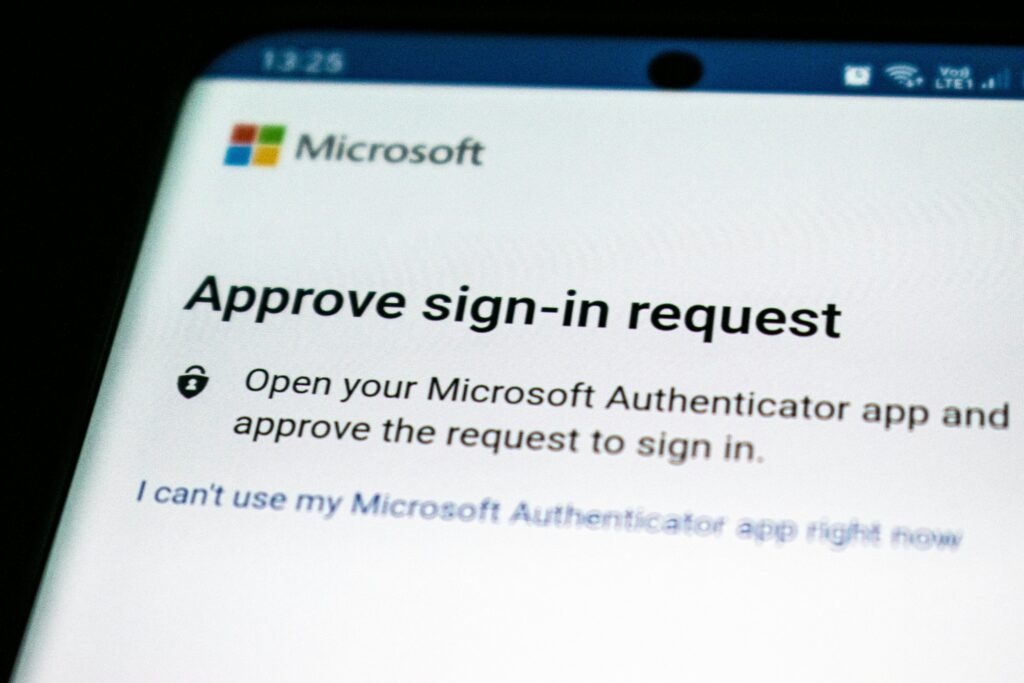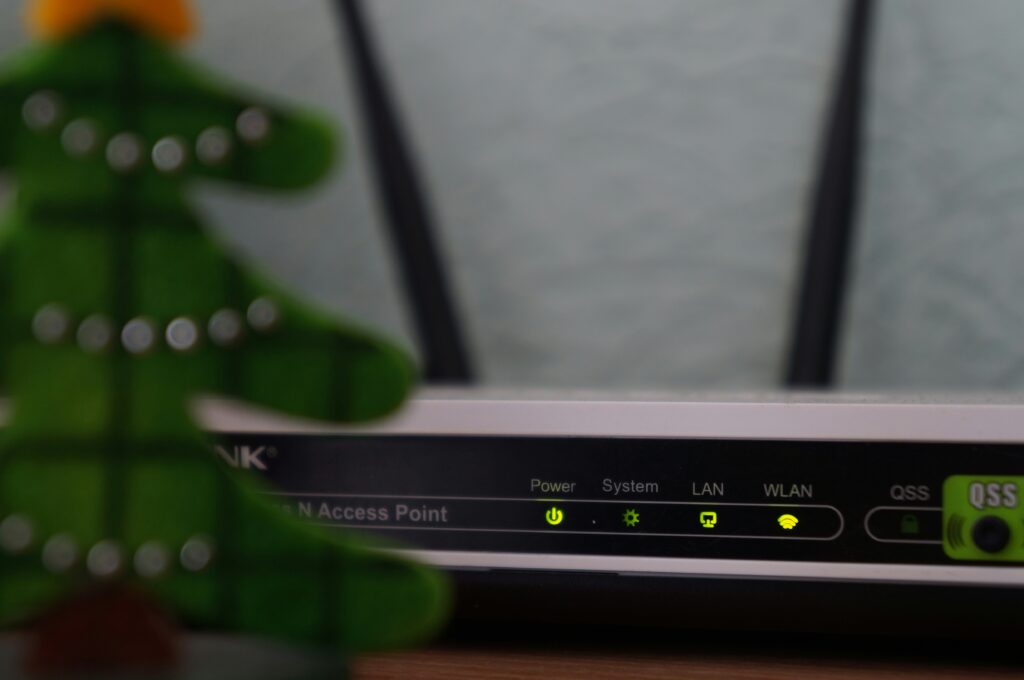Nowadays, people are spending so much time on the Internet than ever before, so it has become really important to ensure that your online profiles remain protected. Everything we have, from the confidential information to your financial data, what we do over the internet is being exposed to become a cyber risk. Luckily, there are basic things you can do with technology in order to make sure you are better off against bad people. Here are some key ways to make your internet security stronger:

Strong Management of Passwords
Your passwords are the primary protection for your accounts against unauthorized access. Here are some tips for ensuring their strength: Make sure you have a mixture of capital (big) and small letters, and numbers as well as special signs/symbols Shun predictable stuff such as birth dates and domestic animals’ names Do not repeat the same code across different media Acquiring good hands-off programs can let you keep deep secret verbal codes in cloud storage safely.

Turn On Two-Factor Authentication (2FA)
Two-factor authentication is a method of verifying identity in which a user has to provide two different pieces of evidence, something you have and something you know. In general, the methods of achieving this combination involve using your phone for receiving codes or another device and with the use of passwords for logging into various accounts. Therefore, if you have the opportunity, activate 2FA as a way of strengthening your account security.
 Update Software
Update Software
Habitually Due to the fact that its developers found security loopholes, software updates come with patches most of the time. It is necessary to always update your operating system, web browsers, antivirus software, and any other applications to mitigate the possibility of being targeted by cybercriminals.

Phishing Attempts can be Tricky
Cybercriminals use phishing emails and messages to reveal the critical personal details by deceiving people’s minds. You have to be very careful with email and messages, which will show the urgency and ask for personal or financial items from you. Be careful while clicking on any link and try to identify the sender before opening or responding to any emails.

Keep Your Wi-Fi Network Safe
Wi-Fi networks that are wide open can be accessed without proper authorization, leaving your personal information exposed. Below are a few ways to secure your home Wi-Fi network:
- Change your network’s default name (SSID) and password.
- Turn on network encryption (use WPA2 or WPA3 ).
- Turn off remote management features.

Be careful how you browse the internet
To avoid being the victim of unreliable sites or downloads, utilize secure websites when you need to make an online payment or share sensitive information. In addition, utilize browser plugins that have high security features like script blocking and ad blockers.

Backup Your Data Regularly
Regular Backup is necessary in order to prevent file-based information from getting lost like someone losing his own set of documents through cyber-terrorism as well as a hard drive crash or even mistakenly deleting his own document that he wanted to get today. To protect valuable files, one should repetitively replicate them prior to any mishap, either an attack through the network or simply hitting the wrong button.

Learn and teach
Without it, you could go to workshops and online courses or read trusted sources to follow the most recent cyber security threats news or discover how to avoid them. As much as possible, share with friends, family members, and coworkers what you know about cyberterrorism so that they too can safeguard themselves
You can significantly cut down on the chances of online threats catching up with you by incorporating these easy cybersecurity strategies. Always remember that in today’s world where everything is interconnected, staying ahead and remaining observant are the two most important things when it comes to protecting your digital identity as well as privacy.


